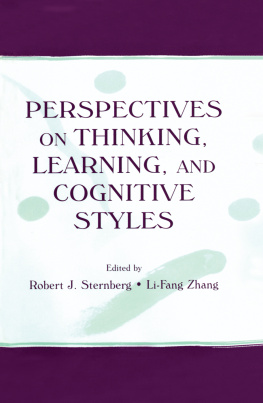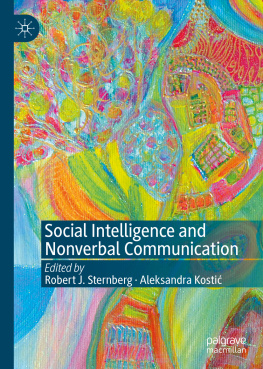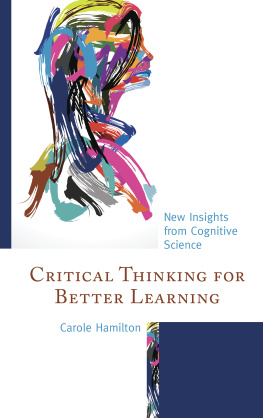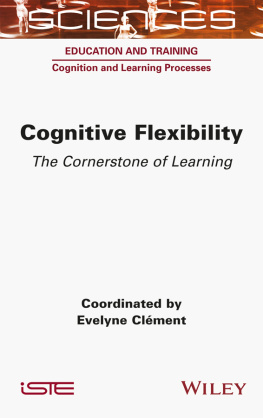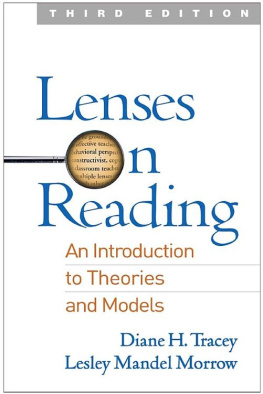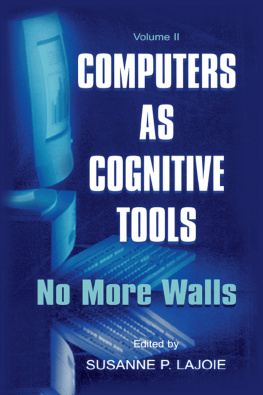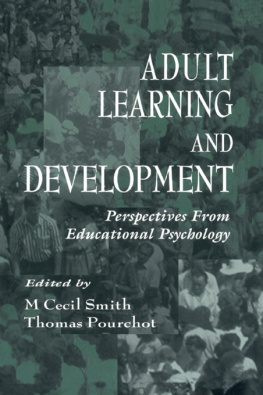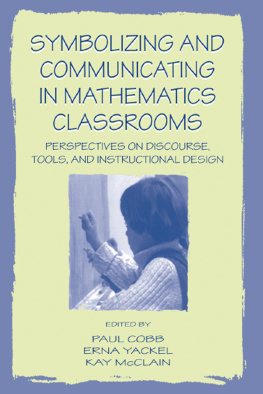Robert J. Sternberg - Perspectives on Thinking, Learning, and Cognitive Styles
Here you can read online Robert J. Sternberg - Perspectives on Thinking, Learning, and Cognitive Styles full text of the book (entire story) in english for free. Download pdf and epub, get meaning, cover and reviews about this ebook. year: 2001, publisher: Routledge, genre: Politics. Description of the work, (preface) as well as reviews are available. Best literature library LitArk.com created for fans of good reading and offers a wide selection of genres:
Romance novel
Science fiction
Adventure
Detective
Science
History
Home and family
Prose
Art
Politics
Computer
Non-fiction
Religion
Business
Children
Humor
Choose a favorite category and find really read worthwhile books. Enjoy immersion in the world of imagination, feel the emotions of the characters or learn something new for yourself, make an fascinating discovery.
- Book:Perspectives on Thinking, Learning, and Cognitive Styles
- Author:
- Publisher:Routledge
- Genre:
- Year:2001
- Rating:4 / 5
- Favourites:Add to favourites
- Your mark:
Perspectives on Thinking, Learning, and Cognitive Styles: summary, description and annotation
We offer to read an annotation, description, summary or preface (depends on what the author of the book "Perspectives on Thinking, Learning, and Cognitive Styles" wrote himself). If you haven't found the necessary information about the book — write in the comments, we will try to find it.
* represents diverse theoretical perspectives;
* includes solid empirical evidence testing the validity of these perspectives; and
* shows the application of these perspectives to school situations, as well as situations involving other kinds of organizations.
International representation is emphasized, with chapters from almost every major leader in the field of styles. Each chapter author has contributed serious theory and/or published empirical data--work that is primarily commercial or that implements the theories of others.
The books central premise is that cognitive, learning, and thinking styles are not abilities but rather preferences in the use of abilities. Traditionally, many psychologists and educators have believed that peoples successes and failures are attributable mainly to individual differences in abilities. However, for the past few decades research on the roles of thinking, learning, and cognitive styles in performance within both academic and nonacademic settings has indicated that they account for individual differences in performance that go well beyond abilities. New theories better differentiate styles from abilities and make more contact with other psychological literatures; recent research, in many cases, is more careful and conclusive than are some of the older studies.
Cognitive, learning, and thinking styles are of interest to educators because they predict academic performance in ways that go beyond abilities, and because taking styles into account can help teachers to improve both instruction and assessment and to show sensitivity to cultural and individual diversity among learners. They are also of interest in business, where instruments to assess styles are valuable in selecting and placing personnel. The state-of-the-art research and theory in this volume will be of particular interest to scholars and graduate students in cognitive and educational psychology, managers, and others concerned with intellectual styles as applied in educational, industrial, and corporate settings.
Robert J. Sternberg: author's other books
Who wrote Perspectives on Thinking, Learning, and Cognitive Styles? Find out the surname, the name of the author of the book and a list of all author's works by series.

